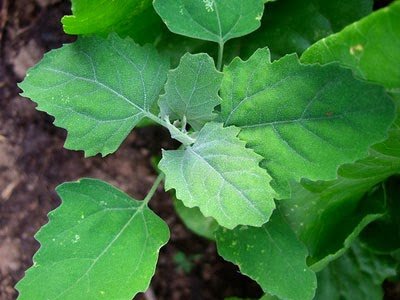Zinc Solubilizing Bacteria (ZSB)
We vivicrop Farm Science is Working in the Bio Fertilizer and Organic Fertilizer Industry.
What is Zinc Solubilizing Bacteria (ZSB)?
Zinc Solubilizing Bacteria (ZSB) are a group of beneficial microorganisms that can convert insoluble zinc compounds in the soil into soluble forms that plants can readily absorb. Zinc is a crucial micronutrient for plants, involved in various physiological functions such as enzyme activation, protein synthesis, and growth regulation. ZSB enhances the bioavailability of zinc, ensuring plants receive adequate nutrition for optimal growth and development.
Types of Zinc Solubilizing Bacteria
- Bacillus spp.:
- Bacillus aryabhattai: Known for its efficient zinc solubilizing capability through the production of organic acids.
- Bacillus subtilis: Produces various organic acids that solubilize zinc compounds in the soil.
- Pseudomonas spp.:
- Pseudomonas fluorescens: Known for its ability to produce siderophores and organic acids, which help in zinc solubilization.
- Pseudomonas putida: Enhances zinc availability through the secretion of organic acids and chelating agents.
- Rhizobium spp.:
- While primarily known for nitrogen fixation, some species also have zinc solubilizing abilities, particularly in symbiotic relationships with legumes.
Relevance and Importance
- Enhanced Micronutrient Availability: ZSB improve the availability of zinc in the soil, ensuring that plants receive an essential micronutrient for growth and development.
- Sustainable Agriculture: Reduces dependency on chemical zinc fertilizers, promoting environmentally friendly farming practices.
- Cost-Effectiveness: Lowers input costs for farmers by reducing the need for synthetic zinc fertilizers.
- Environmental Protection: Minimizes the risk of soil and water pollution caused by excessive use of chemical fertilizers.
- Soil Health: Contributes to a balanced soil microbial community and enhances overall soil fertility.
Use and Benefits
- Improved Nutrient Uptake: Enhances the availability and absorption of zinc, which is critical for various plant physiological processes.
- Better Plant Growth: Promotes vigorous plant growth, resulting in higher yields and better quality produce.
- Enhanced Stress Resistance: Increases plants’ resilience to environmental stresses such as disease, drought, and salinity.
- Soil Health Improvement: Improves soil structure and microbial diversity, enhancing soil fertility.
- Yield Improvement: Results in higher crop yields due to improved nutrient uptake and plant health.
Crops Benefiting from Zinc Solubilizing Bacteria
ZSB can be used with a wide range of crops, including:
- Cereals: Wheat, rice, maize, barley.
- Vegetables: Tomatoes, potatoes, carrots, cucumbers, peppers.
- Fruits: Bananas, citrus, apples, grapes.
- Legumes: Soybeans, chickpeas, lentils, beans (complementing Rhizobium biofertilizer for overall nutrient balance).
- Non-leguminous Cash Crops: Cotton, sugarcane, coffee, tea.
- Horticultural Crops: Flowers, ornamental plants, turfgrass.
- Oilseeds: Sunflower, safflower, canola.
Application Stage
ZSB can be applied at various stages of crop growth:
- Seed Treatment: Seeds are coated with ZSB before planting. This ensures early colonization and establishment of beneficial microorganisms.
- Soil Treatment: ZSB can be mixed with the soil or applied as a soil drench, ensuring the microorganisms are present in the root zone.
- Root Dipping: Seedlings can be dipped in a ZSB solution before transplanting to ensure root colonization by the microorganisms.
- Foliar Spray: In some cases, ZSB can be applied as a foliar spray to provide additional zinc directly to the plant leaves.
Benefits at Different Crop Stages
- Germination and Early Growth: Enhanced root development and early establishment due to better zinc availability and microbial activity.
- Vegetative Stage: Improved plant vigor and growth, leading to robust plant development and increased resistance to stress.
- Reproductive Stage: Better flowering and fruit set, resulting in higher yields and improved quality of the produce.
Conclusion
Zinc solubilizing bacteria (ZSB) are vital for sustainable agriculture, offering numerous benefits such as enhanced zinc availability, improved plant growth, and increased crop yields. Their application to a wide variety of crops at different growth stages ensures effective colonization by beneficial microorganisms, promoting overall plant health and productivity. By integrating ZSB into crop management practices, farmers can achieve better yields while supporting ecological balance and environmental conservation.









